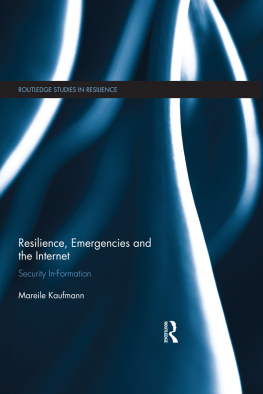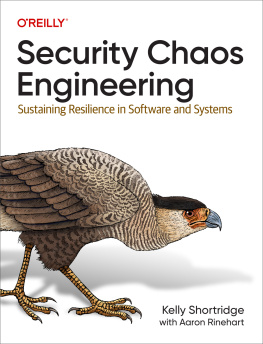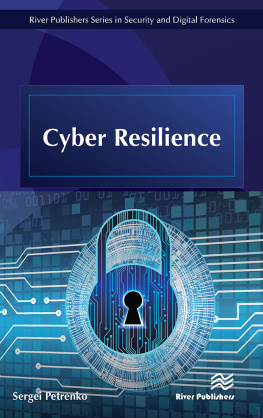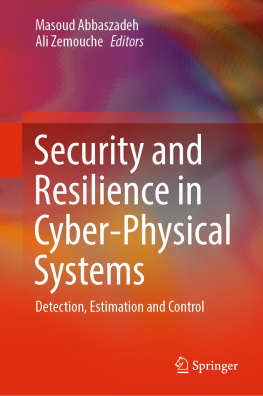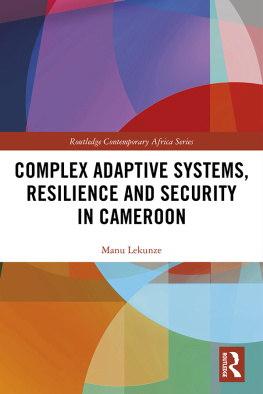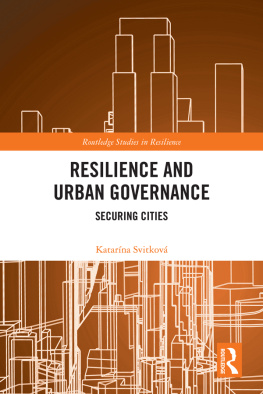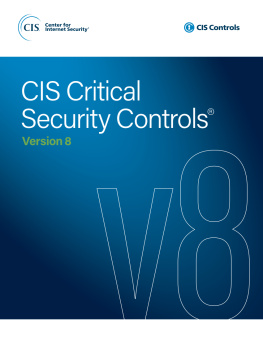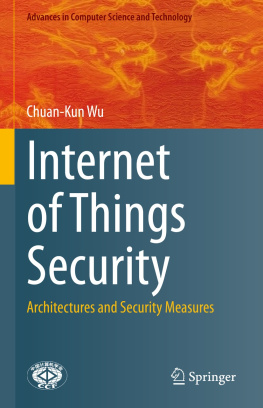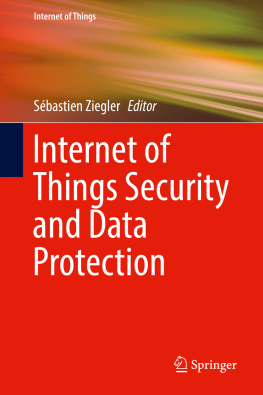Resilience, Emergencies and the Internet
This book traces how resilience is conceptually grounded in an understanding of the world as interconnected, complex and emergent.
In an interconnected world, we are exposed to radical uncertainties, which require new modes of handling them. Security no longer means the promise of protection, but it is redefined as resilience as security in- formation. Information and the Internet not only play a key role for our understanding of security in highly connected societies, but also for resilience as a new program of tackling emergencies. Social media, cyber-exercises, the collection of digital data and new developments in Internet policy shape resilience as a new form of security governance. Through case studies in these four areas this book documents and critically discusses the relationship between resilience, the Internet and security governance. It takes the reader on a journey from the rise of complexity narratives in the context of security policy to a discussion of the Internets influence on resilience practices, and ends with a theory of resilience and the relational. The book shows how the Internet nourishes narratives of connectivity, complexity and emergency in political discourses, and how it brings about new resilience practices.
This book will be of much interest to students of resilience studies, Critical Security Studies, Internet Politics, and International Relations in general.
Mareile Kaufmann is senior researcher at the Peace Research Institute Oslo (PRIO), has a post-doc in the Department of Criminology and Sociology of Law, Oslo University, and holds a PhD from Hamburg University.
Routledge Studies in Resilience
Series Editor: David Chandler
University of Westminster
The Routledge Studies in Resilience series is interested in publishing a broad range of high-quality contemporary research into the processes, spaces, policies, practices and subjectivities through which resilience is seen to operate.
Securitizing Global Warming
A Climate of Complexity
Delf Rothe
Resilience, Emergencies and the Internet
Security In-Formation
Mareile Kaufmann
First published 2017
by Routledge
2 Park Square, Milton Park, Abingdon, Oxon OX14 4RN
and by Routledge
711 Third Avenue, New York, NY 10017
Routledge is an imprint of the Taylor & Francis Group, an informa business
2017 Mareile Kaufmann
The right of Mareile Kaufmann to be identified as author of this work has been asserted by her in accordance with sections 77 and 78 of the Copyright, Designs and Patents Act 1988.
All rights reserved. No part of this book may be reprinted or reproduced or utilized in any form or by any electronic, mechanical, or other means, now known or hereafter invented, including photocopying and recording, or in any information storage or retrieval system, without permission in writing from the publishers.
Trademark notice: Product or corporate names may be trademarks or registered trademarks, and are used only for identification and explanation without intent to infringe.
British Library Cataloguing-in-Publication Data
A catalogue record for this book is available from the British Library
Library of Congress Cataloging-in-Publication Data
A catalog record for this book has been requested
ISBN: 978-1-138-29098-3 (hbk)
ISBN: 978-1-315-26574-2 (ebk)
Typeset in Times New Roman
by Wearset Ltd, Boldon, Tyne and Wear
The support I have experienced while writing this book means a lot to me. I am grateful to everyone who offered appreciation, criticism, advice, insight, interviews, ideas or other delightfulness along the way. I am particularly indebted to some of you that need naming.
With profound gratitude I would like to mention:
Michael Dillon and Julian Reid, for coining the analytic term in-formation (cf. Dillon 2000; Dillon and Lobo-Guerrero 2009; Dillon and Reid 2009); the concept has influenced this books theoretical argument, which is why they have generously allowed me to employ it in the subtitle.
David Chandler, for creating various platforms for critical resilience research and for inviting me to be part of them.
Jorinde Voigt, for allowing me to reproduce her evocative artworks.
Peter Burgess, for his strategic investment into my development as a researcher.
Susanne Krasmann, for her clever, factual and supportive guidance during my dissertation project that influenced this book.
Urs Stheli and Ulrich Brckling, for their constructive feedback on my PhD thesis which has shaped the writing of this manuscript.
My peer-reviewers, for pointing me toward the parts that needed development;
Lynn P. Nygaard, for positioning and empowering women in research and her extensive knowledge on publishing.
My dear colleagues from the Negotiating Values (NECORE) project, our work contributed directly to this book.
My friends and colleagues in the Security Research Group at the Peace Research Institute Oslo, for inspiration, necessary confusion and discussion.
My husband and my family, for being an indispensable support in mind and spirit.
The research for this book was conducted at the Peace Research Institute Oslo (PRIO), in particular within the framework of the Norwegian Research Council (NRC)-funded project: Negotiating Values: Collective Identities and Resilience after 22/7 (NECORE), the NRC/PRIO-funded Positioning Women for Research Professorship (POWER), as well as the NordForsk-funded project Nordic Centre of Excellence for Security Technologies and Societal Values (NordSTEVA).
Copyrights and permissions
Permission was acquired from both the artist Jorinde Voigt and BONO Billedkunst Opphavsrett i Norge to reprint her artworks STAAT/Random IV and STAAT/Random V in the preface. Jorinde Voigt/BONO 2016.
Permission was acquired from the Staatliche Museen zu Berlin, specifically Andreas Schalhorn, to quote the Exhibition Flyer System und Sinnlichkeit. Zeitgenssische Zeichenkunst von Tom Chamberlain bis Jorinde Voigt in the preface.
Parts of appeared previously in German in Das Unbekannte regieren: Risiko trifft Resilienz. Kriminologisches Journal 47(4): 264278 (2015). Permission was acquired from Julius Beltz GmbH & Co. KG.
Sections of appeared previously in Resilience governance and ecosystemic space: a critical perspective on the EU approach to Internet security, E n vironment and Planning D: Society and Space 33(3): 512527 (2015).
Sections of appeared previously in Exercising emergencies: Resilience, affect and acting out security, Security Dialogue 47(2): 99116 (2016).
A version of appeared previously as Mareile Kaufmann (2016) The Digitization of Resilience. In: Chandler, David and Jon Coaffee (eds) The Routledge Handbook of International Resilience . London: Routledge. 106118.
Sections of appeared previously in Resilience 2.0: social media use and (self-)care during the 2011 Norway attacks, Media, Culture & Society 37(7): 972987 (2015).
Permission was acquired from the Norwegian public service broadcaster NRK to reprint the figure Terrordgnene p Twitter nrk.no that appears in .


